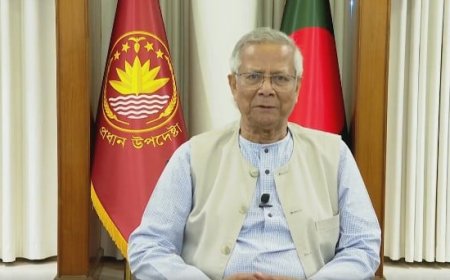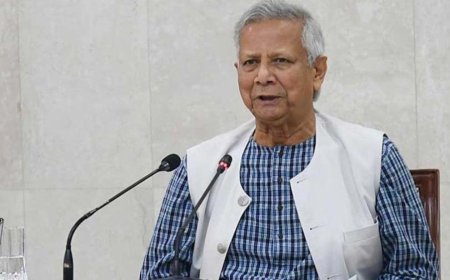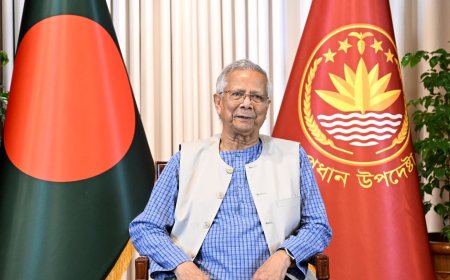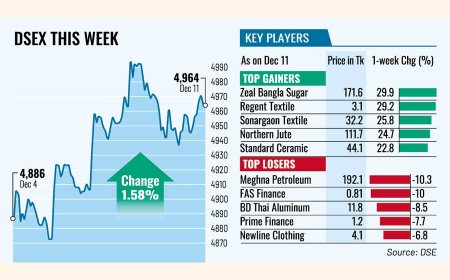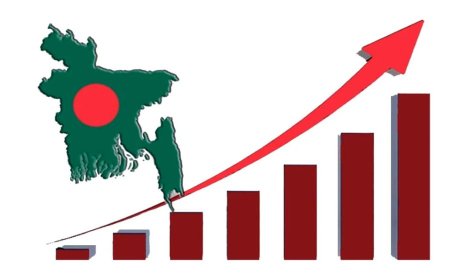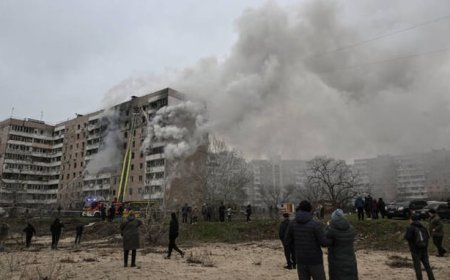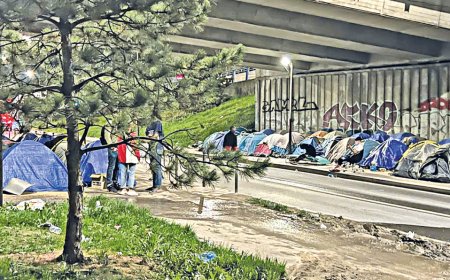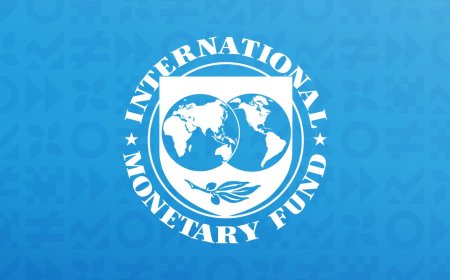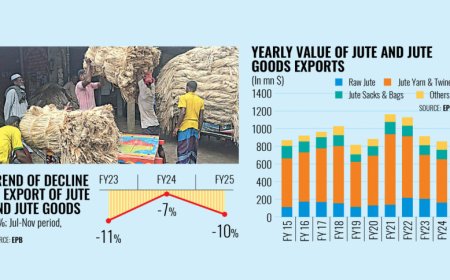$24B Lost to Extreme Heat in 2024: Report
The agricultural sector suffered the hardest hit, accounting for 64% of all lost work hours.
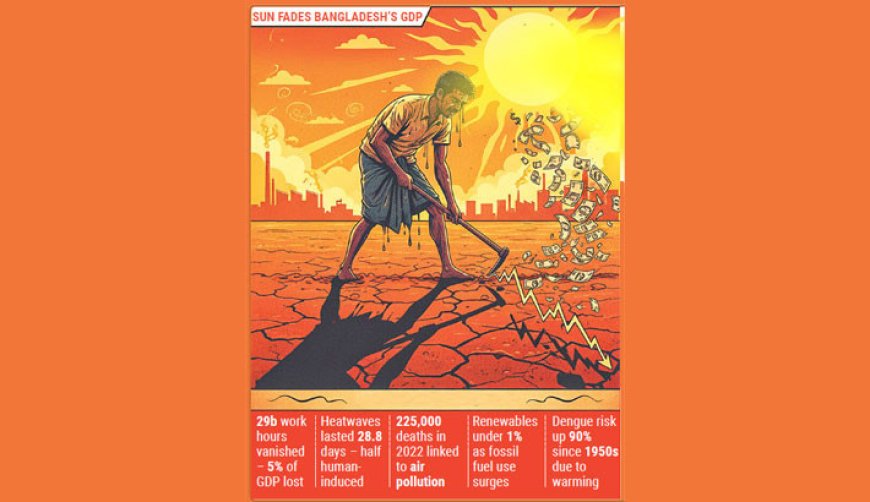
Bangladesh lost an estimated $24 billion in labour productivity last year due to extreme heat, according to the Lancet Countdown on Health and Climate Change 2025 report — offering one of the clearest warnings yet that the climate crisis has become both a public health and economic emergency for the nation.
The study presents a stark picture of how rising temperatures, toxic air, and spreading vector-borne diseases are converging to endanger millions of lives and livelihoods.
In 2024, Bangladeshis endured an average of 28.8 heatwave days, of which 13.2 days would not have occurred without human-induced climate change. The frequency and intensity of such heatwaves have surged since the 1990s, crippling outdoor productivity and pushing vulnerable communities deeper into poverty.
The report estimates that 29 billion potential work hours were lost nationwide in 2024 due to extreme heat — 92% higher than in the 1990s. The agricultural sector suffered the hardest blow, accounting for 64% of all lost work hours.
The resulting $24 billion income loss, equivalent to 5% of Bangladesh’s GDP, highlights the immense economic toll of global warming.
Alarming rise in air pollution and disease
The report attributes 225,000 deaths in 2022 to human-caused air pollution — a 38% increase since 2010. Of these, over 90,000 deaths were linked to fossil fuel combustion, including 30,000 from coal, while household air pollution claimed 74 lives per 100,000 people, with women and rural families suffering the most.
Despite this worsening crisis, renewable energy accounted for less than 1% of total electricity generation between 2016 and 2022, even as carbon emissions rose by 30%. In 2023 alone, Bangladesh spent $8.2 billion on fossil fuel subsidies — far exceeding its investments in clean energy and climate adaptation.
The report also found a 90% increase in dengue transmission potential since the 1950s, driven by warmer temperatures and erratic rainfall. Urban centres like Dhaka and Chattogram now face growing risks of large-scale outbreaks due to favourable breeding conditions for Aedes albopictus mosquitoes.
Experts urge urgent health-centred climate response
At the report’s launch at the BRAC Centre in Dhaka, hosted by BRAC University’s Centre for Climate Change and Environmental Research (C3ER), scientists and policymakers warned that climate impacts are already undermining decades of development progress.
“Extreme climate events are already happening in Bangladesh,” said Prof Ainun Nishat, emeritus professor at BRAC University. “While health is mentioned in the National Adaptation Plan, it must be treated as a central pillar of our climate strategy. The human suffering behind these economic losses is immense.”
Dr Shouro Dasgupta, senior fellow at the London School of Economics’ Grantham Research Institute, added, “Heat exposure, air pollution, and vector-borne diseases have become some of the most urgent health threats linked to climate change in Bangladesh.”
Government and international partners act
Mirza Shawkat Ali, director of the Department of Environment, said the government is intensifying efforts to improve air quality — including declaring Savar a regulated air-quality zone and banning brick burning there.
He reaffirmed Bangladesh’s goal of achieving 25% renewable energy by 2035 and announced partnerships to introduce electric cookstoves to cut indoor pollution.
Farzana Misha, associate professor at BRAC University’s James P Grant School of Public Health, emphasized that “health must be recognized as a core pillar of adaptation” in the upcoming COP30 climate negotiations.
Nayoka Martinez Bäckström, first secretary at the Embassy of Sweden, noted, “Health is central to our climate work in Bangladesh. We are supporting localized solutions that reach isolated communities and strengthen national frameworks such as the NAP and NDC.”
A gathering storm
The 2025 Lancet Countdown warns that without decisive action, Bangladesh will face escalating crises — from heat-related illnesses and malnutrition to rising sea levels and infectious disease outbreaks — threatening to undo decades of progress.
“Climate change is no longer a distant threat for Bangladesh,” the report concludes. “It is a present and accelerating public health emergency that demands an urgent national and global response.”
What's Your Reaction?








